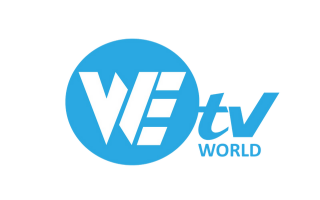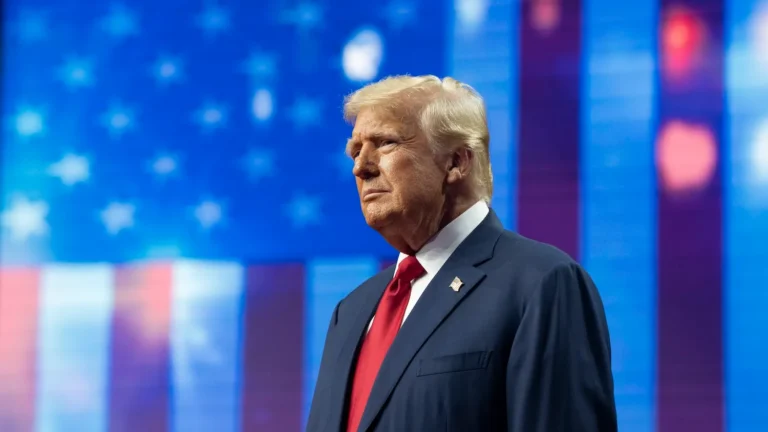President Donald Trump has announced a major policy shift, easing tariffs on certain foreign auto parts used in vehicles manufactured in the United States. The move comes amid growing pressure from U.S. automakers facing rising costs and supply chain disruptions caused by earlier tariff hikes.
The revised policy will allow exemptions on select imported components essential to domestic vehicle assembly. Industry leaders have long warned that the high tariffs were hurting production and putting American jobs at risk, particularly in key states like Michigan and Ohio.
“This decision is about protecting American manufacturing without punishing it,” a White House spokesperson said. “We remain committed to fair trade but are adjusting our approach to support U.S. industry.”
Automotive giants such as Ford, General Motors, and Stellantis had been lobbying for relief, arguing that global supply chains are vital to the competitiveness of American-made vehicles. Many auto parts, especially those involving electronics and precision engineering, are sourced from abroad.
Trade analysts say the policy shift reflects a more flexible tone in Trump’s economic agenda as the 2024 election approaches. “This is a recognition that tariffs are a blunt instrument and need to be fine-tuned to avoid unintended domestic damage,” said a trade policy expert.
While the full list of exempted parts has not yet been released, the administration confirmed that the relief will focus on components critical to final assembly operations within U.S. borders.
Critics of the original tariffs welcomed the adjustment but warned that uncertainty remains. “The auto industry needs predictability, not policy swings,” said one industry representative.
The White House is expected to release further implementation details in the coming days.




